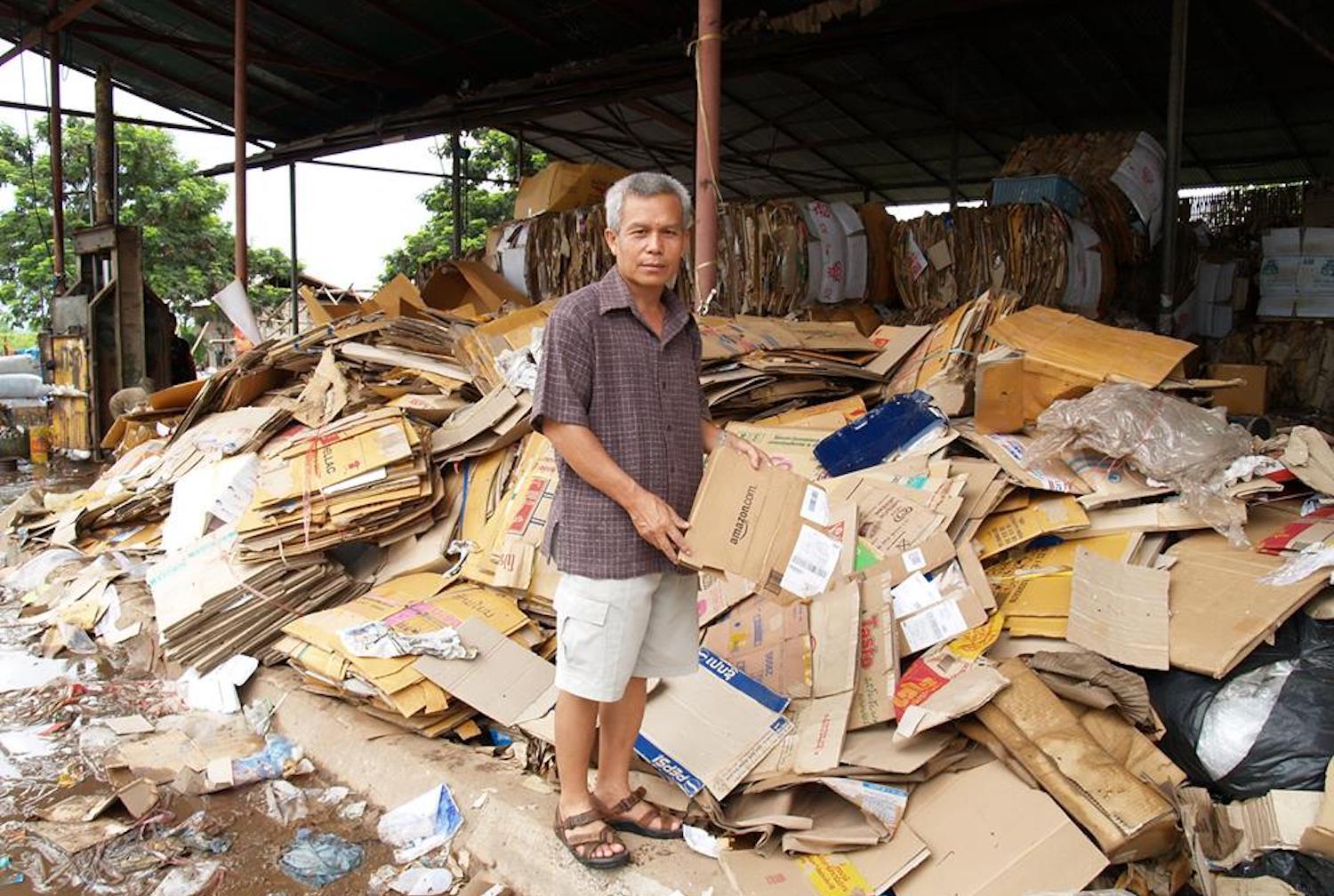As Somphone’s abduction highlights, attempts to redistribute power away from national governments towards community-identified needs is a highly politicised endeavour that can result in severe, and often violent, suppression. This is particularly so in non-democratic states. Yet it is not an unachievable shift. Indeed, while the post-2015 agenda has displayed a number of weaknesses in its attempts to encourage disparate viewpoints within the agenda-setting process, it nonetheless makes an explicit call for the advancement of such participatory approaches.
For this to occur, however, national governments, global development institutions and bilateral aid donors need to relax their current stature as the privileged interlocutors of development and become more supportive of community-oriented development agendas. It is not uniformity but diversity that holds the key to culturally sensitive development…
Kearrin Sims, in “Culture, community-oriented learning and the post-2015 development agenda: a view from Laos,” in Third World Quarterly, September, 2015.
